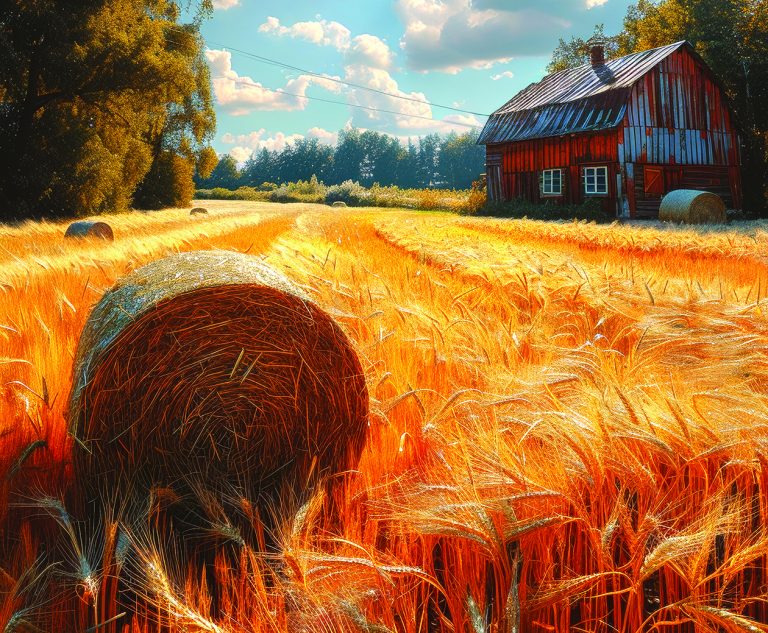From the Archives: The Burns Banquet at Lougheed

(The Sentinel – February 4, 1909) – On the night of January 26, the citizens of Lougheed and the neighbouring district celebrated the 150th anniversary of Robert Burns in right good Scottish style, a banquet being given in memory of the immortal bard.
 At 8:30 pm, the Rev. K. C. McLeod (Camrose) chairman and toastmaster of the evening, after giving thanks, called upon Mr. Grieve to read the Ode “To the Haggis,” whereupon Mr. McLeod proceeded to dissect the monster and show, by example, the mission it had to fill in the banquet. The Scotsmen present pronounced the haggis A-1 while less competent judges did not dare to voice their sentiments.
At 8:30 pm, the Rev. K. C. McLeod (Camrose) chairman and toastmaster of the evening, after giving thanks, called upon Mr. Grieve to read the Ode “To the Haggis,” whereupon Mr. McLeod proceeded to dissect the monster and show, by example, the mission it had to fill in the banquet. The Scotsmen present pronounced the haggis A-1 while less competent judges did not dare to voice their sentiments.
When all had satisfied the inner man, the programme began by a toast “To Our King,” to which all present, regardless of nationality, responded heartily by joining in the British National Anthem.
“Man to man, the world o’er,
Shall brothers be for a’ that.”
We have not space to comment on the individual items of the programme, but we feel that the extra toast, “To the Agriculturalists,” is well worthy of mention. Mr. Rudolph Banager, a Swiss by birth, on being called upon to reply did so in his own inimitable manner. He became quite animated as he discussed the resources of the country and spoke of the pioneer life on the farms of Western Canada. Before he took his seat, you could read on the faced of a number of the young men the firm resolution: “I will not ride bronchos again.” There’s a reason for such things.
In replying to the toast, “To the Immortal Memory,” Mr. McLeod said he was not here to apologize for Burns’ “frailties,” as we would term them. Burns lived in an age when that we consider evil was thought of as being all right. He was truly a naturalist. He was a double nature. We see him in his melancholy moods writing such poems as “The Cottar’s Saturday Night,” while in his more convivial spirit he might hit upon an almost ludicrous theme writing upon such an insignificant create as “Louse.”
As the wee sma’’oors rolled by, and Mr. Gray nobly replied to the toast, “To the Ladies,” the guests joined hands and sang, “Auld Lang Syne.”
We congratulate the committee on the marked success of their efforts, the banquet being the most successful event ever held in the history of our little burg.
———–
“A local newspaper is the best advertising medium of a district. Help it along with your subscription.” [Click Here]








